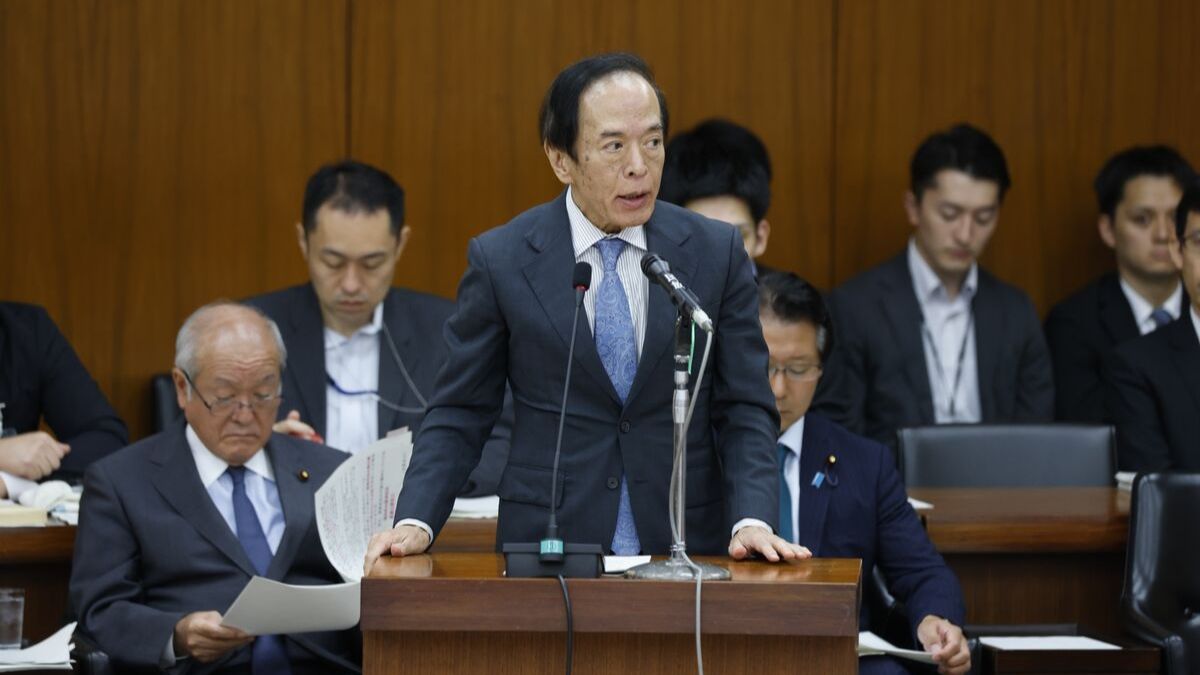Bank of Japan (BOJ) Governor Kazuo Ueda hinted at a possible shift in the central bank’s long-standing monetary easing policy, contingent upon the realization of the nation’s economic and price outlook. However, Ueda underscored that the BOJ’s fundamental stance remains unchanged, continuing to prioritize flexible measures to achieve its inflation target.
In a recent statement, Ueda emphasized the BOJ’s commitment to maintaining its accommodative stance, which has been instrumental in supporting Japan’s economy. The governor pointed out that any adjustments to the policy would only be considered if there were concrete signs that the country’s economic conditions and inflation expectations were on a sustainable path toward the BOJ’s goals.
“Our approach remains data-dependent,” Ueda stated. He futher added that they are well prepared to adjust to new policies if the economic and price outlook aligns with the expectations. He also mentioned that it is essential to maintain the current course to foster a stable environment for growth and inflation.
Ueda’s remarks come amid increasing speculation that the BOJ might pivot from its ultra-loose monetary policy as inflationary pressures mount globally. Japan has been grappling with sluggish inflation for years, prompting the central bank to implement aggressive easing measures, including negative interest rates and extensive asset purchases.
Despite these efforts, Japan’s inflation rate has remained stubbornly low compared to other major economies. The BOJ’s target of achieving a 2% inflation rate has been elusive, leading to ongoing debates over the effectiveness of its monetary policies.
Analysts suggest that while Ueda’s comments signal a potential shift, any changes would likely be gradual and carefully calibrated to avoid destabilizing the fragile recovery in Japan’s economy.
For now, the BOJ appears poised to continue its accommodative policies, with Ueda reiterating that the central bank remains vigilant and ready to act should economic conditions warrant a change.

